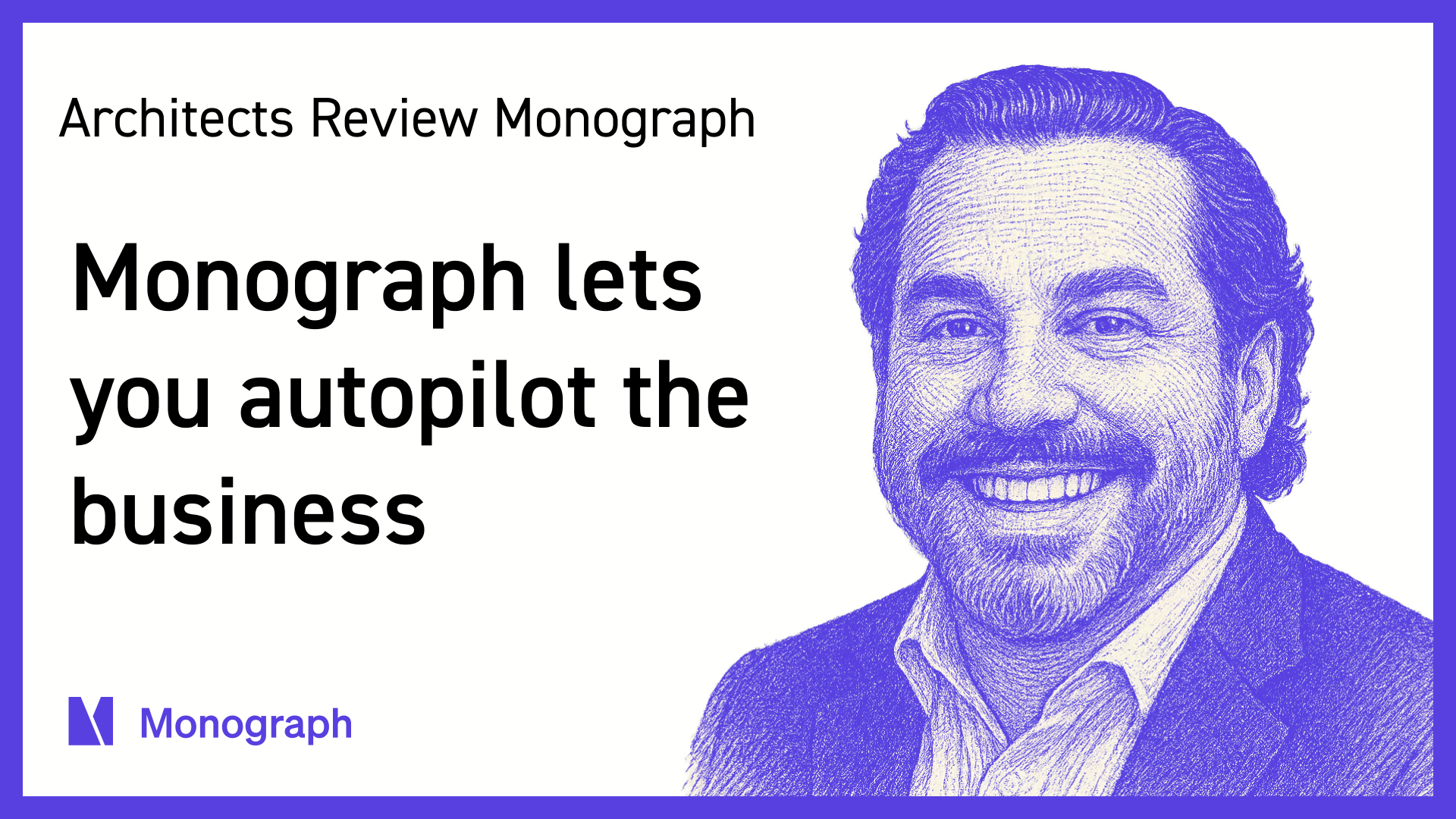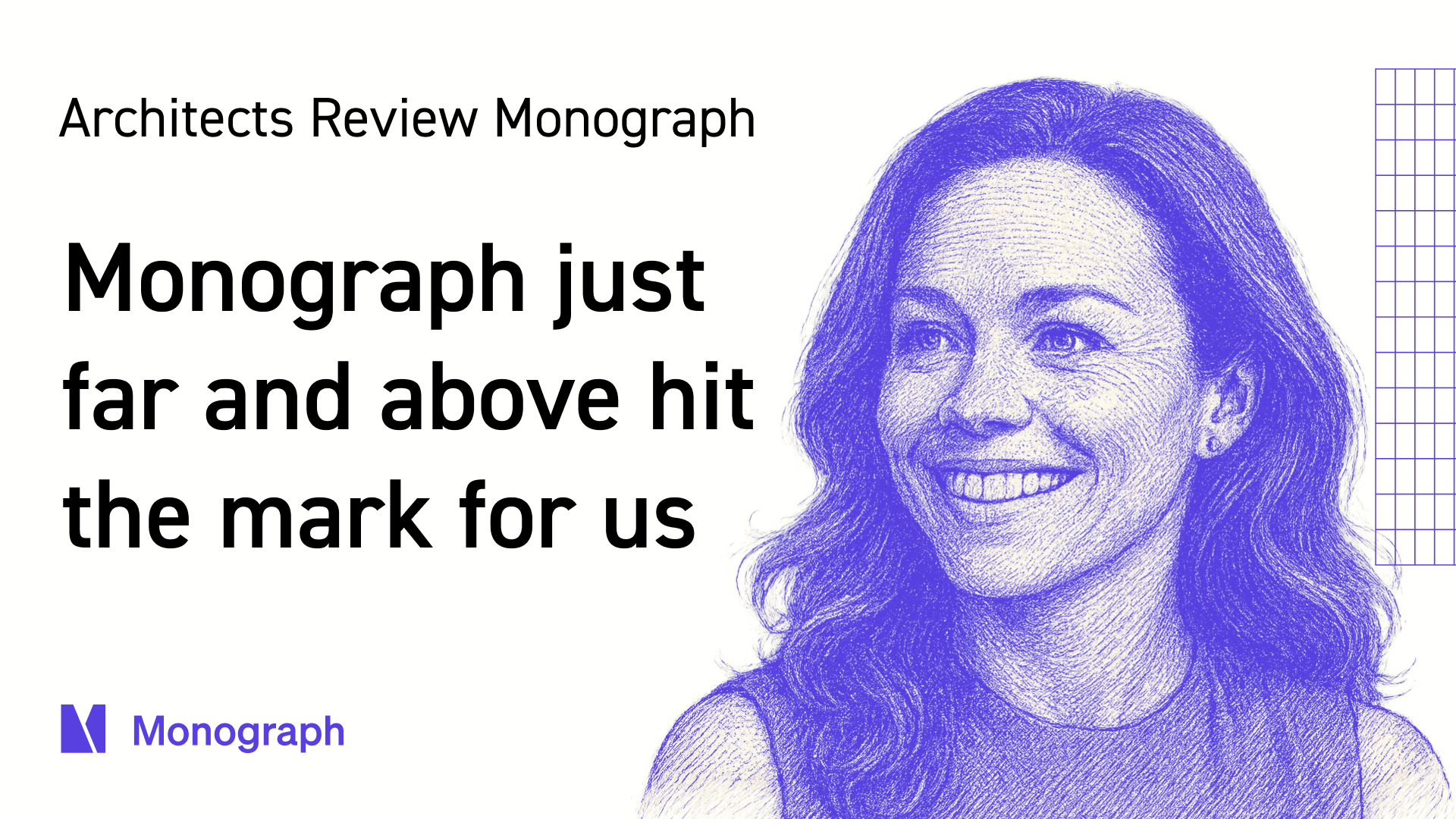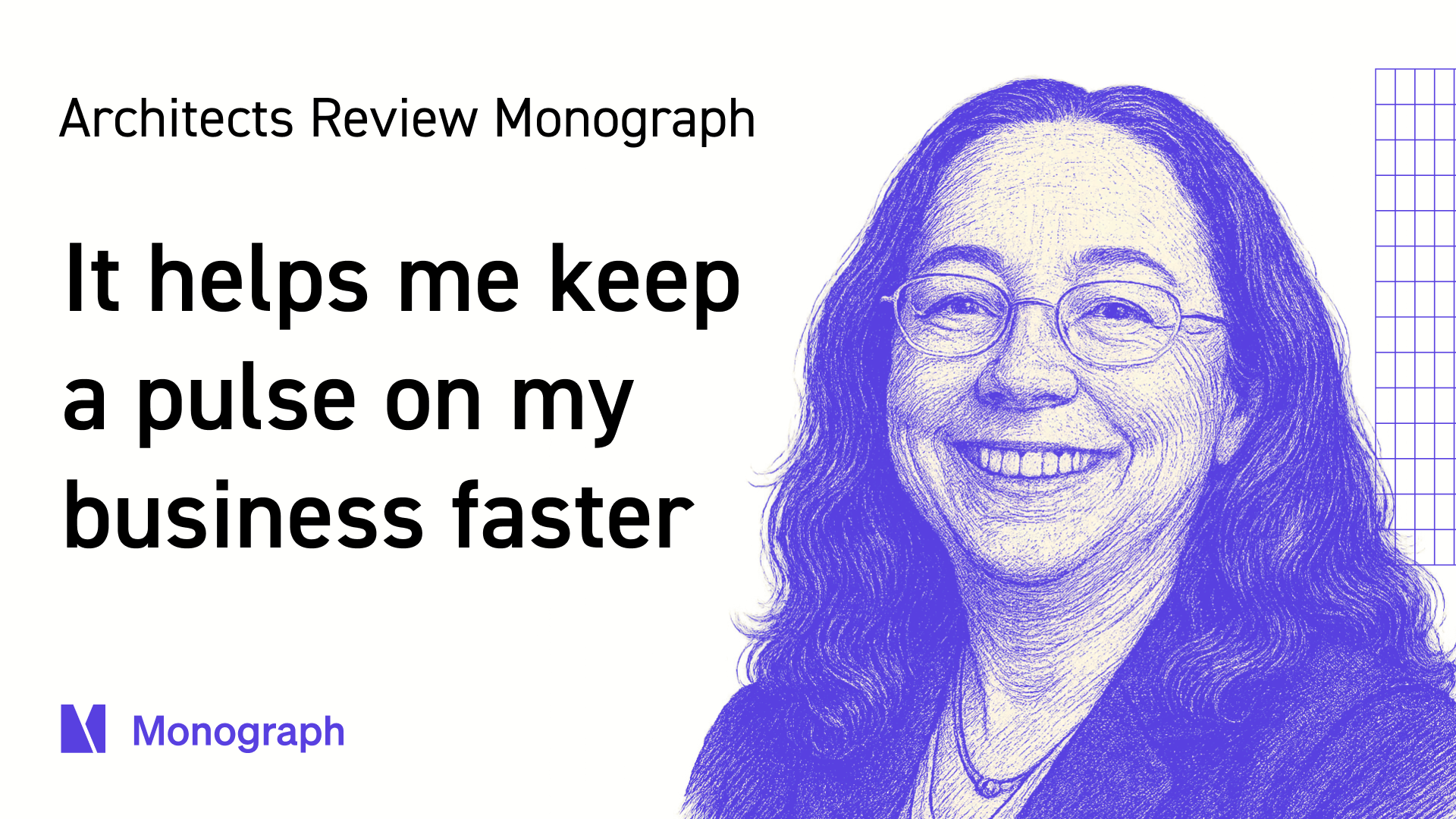Contents
Firm profile
Traverse Landscape Architects was started in 2011 by co-founders Arthur Eddy and Kris M. Bradner, as the predecessor of Birchwood Design Group. Headquartered in Providence, Rhode Island, Traverse Landscape Architects is dedicated to the landscape architecture market with a large portion of its project portfolio in the New England region. Projects range from parks, open spaces, academics, and athletics to gardens, civic, commercial, hospitality, healthcare, and more.
The Challenge
In terms of project management, the biggest challenge we faced was jumping from timesheets to billing––in fact, we were doing invoices in three different places. Constantly transitioning between various documents leaves a lot of room for human error and inefficiency, making the need for change incredibly clear. Even more so, we had started hiring more project manager-level folks that were going to be advancing into higher positions. We needed to have a platform that allowed them to understand project progress and tracking visually, which would in turn give them the opportunity to grow into those roles and set them up for greater success in the future.
From the beginnings of the firm in 2011 through 2016, we primarily used QuickBooks and as mentioned before, we were also doing our own project tracking through various spreadsheets. During those years, that process worked for us, because we were only a team of four. As we grew in scale within the last couple of years (now a team of about eleven professionals across two offices), we realized that it was time for us to transition to a more robust and organized project management system.
The "Critical" Solution
In 2018, we did a large restructure within the company, and transitioned employees into verticals that would each have a principal overseeing the specific project work. For example, as a principal I am responsible for overseeing the athletics, parks, and open spaces work the firm is doing. This was a major turning point for us as we decided to explore our options with digital project management tools. After doing in-depth research online, we came across Monograph and began entertaining the idea of transitioning our workload into the platform.
Truthfully, it took us a while to onboard with Monograph because, as I’m sure many people can agree, change can be difficult––especially when it relates to workflow and the way you traditionally operate. At first, the hesitancy led to us only adding new projects in Monograph, keeping the old ones in their old spreadsheets and monitoring tools. We later got to a point where I just said, ‘forget it, we’re jumping in!’
Now, we use Monograph for everything, old and new. From both the design and finance perspective, whether it be timesheets or billing, Monograph really helps us streamline our firm’s processes. One of the biggest reasons Monograph helps us is that the information is readily available. For me, when I’m looking at the big picture within the interface, I can see a snapshot of what’s happening with a project, and then take that information and apply it to new projects––such as which designers to assign to it, who has the space for it, and more. We can also easily identify where the work gaps are and how to fill those gaps.
Traverse Landscape Architects now has 70 projects in the platform, with about 40-45 of those projects currently active. For Marie, as a finance director, she approaches a project from a different view since she is responsible for being the voice of reason. She can take a logistical look at a project’s progress to recognize when funds or time might be running out, and has the Monograph platform to visually communicate these types of critical items to the project teams. In terms of what’s next, for both Marie and I, we’re really optimistic about Monograph’s launch of Resource. We suspect the new feature is going to be huge for us and our firm’s weekly management.
There’s a lot of project management software out there, but none like Monograph.
There’s a lot of project management software out there, but none like Monograph. The fact that it’s designed by architects for architects is important to us, because they really understand the realities of the type of work we’re doing and the features that can be the most helpful for us. One of the reasons we’ve stayed with Monograph is that their communication is unmatched. They are always open to chatting with us, walking us through things, or hearing our feedback on how we would like to see the software evolve. We feel like we’re growing right alongside them and we recognize how special and important that is to both the success of their company, and the success of ours.


